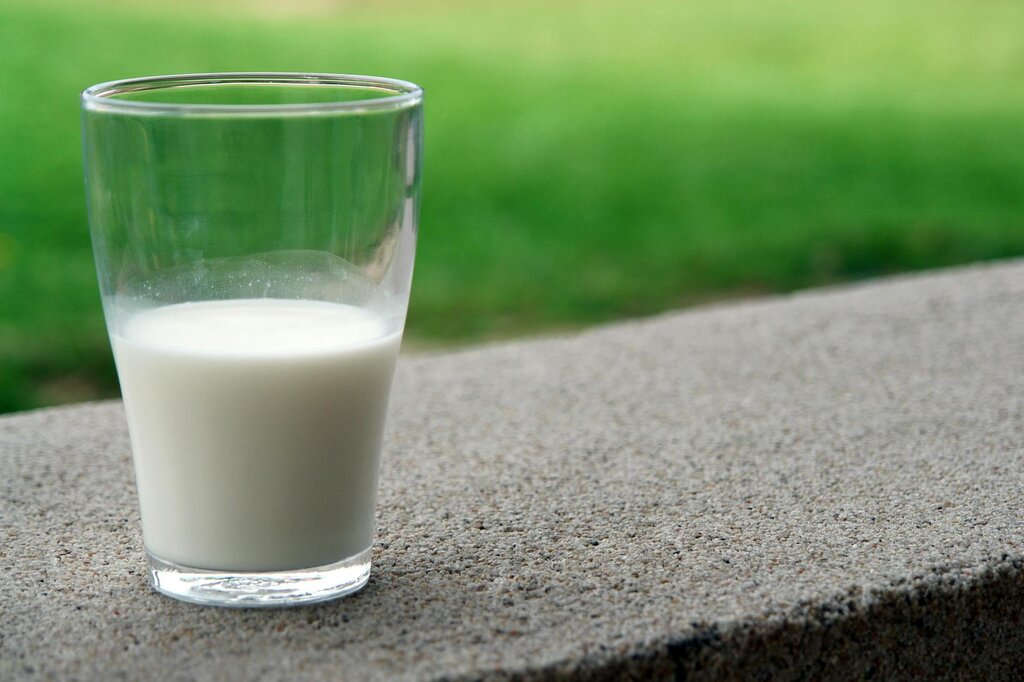Can dogs develop lactose intolerance later in life?
Yes, dogs can develop lactose intolerance later in life even if they were able to tolerate milk well as puppies. This is because, like many mammals, dogs often produce less lactase - the enzyme necessary to digest lactose - as they age.
If a dog that once tolerated milk becomes lactose intolerant, they may experience symptoms like gas, bloating, diarrhea, and vomiting after consuming milk or dairy products. If you notice these symptoms in your dog after they consume milk, it would be best to eliminate dairy from their diet and consult with your vet.
Are there any risks associated with giving milk or milk alternatives to dogs?
Yes, giving milk or milk alternatives to dogs can pose risks. While some dogs can tolerate milk, it's important to note that many dogs are lactose intolerant, which means they have difficulty digesting lactose, a sugar found in milk. This can result in digestive upset, including gas, bloating, diarrhoea, and vomiting.
Regular consumption of these products can lead to obesity due to their high calorie content, which in turn can result in health issues such as diabetes, heart disease, and joint problems. Furthermore, certain components in milk, such as sugars, can contribute to dental issues if oral hygiene is not maintained.
Finally, some dogs can have allergic reactions to milk or milk alternatives, resulting in symptoms ranging from skin irritation and digestive problems to more serious responses such as difficulty breathing. Always consult with a vet before introducing new foods into your dog's diet.
Can senior dogs drink milk?
Senior dogs, like all dogs, can have varying reactions to milk. Many dogs are lactose intolerant to some degree. Lactose intolerance can become more prevalent as a dog ages and its production of lactase, the enzyme that breaks down lactose, decreases. In addition, milk is high in calories and could contribute to weight gain, which can be an issue, especially for senior dogs who may be less active.



